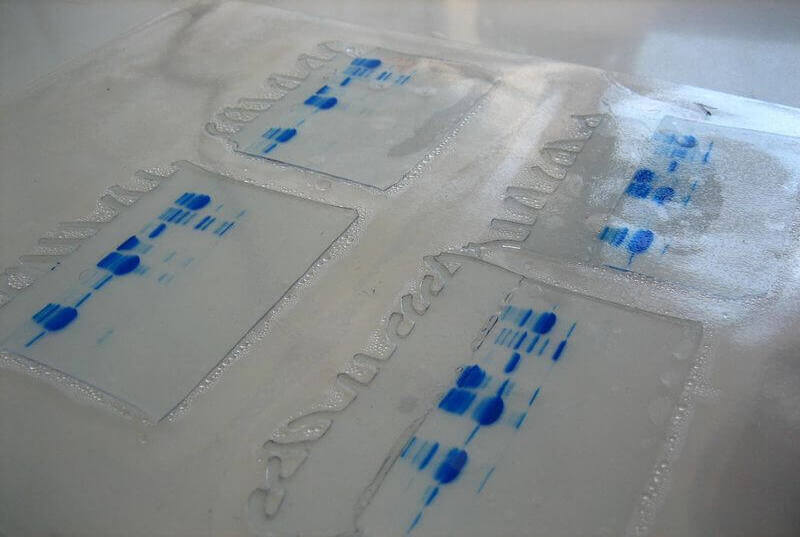Price:
€ 439.00
Catalog no:
M2E12-S
Size:
100 ul
Antibody conjugate
N/A
Antibody host
N/A
Antibody type
N/A
French translation
anticorps
Virus
influenza
Stock availability
Available
Category
Recombinant Protein
Technical datasheet
Contact Gentaur to request the datasheet or ask our specialists for more information.
Notes
The Chicken Anti-Influenza A virus (H5N1) matrix protein 2 hybrid sequence IgY antibody is manufactured for Research Use Only or for diagnostics purposes.
Properties
If you buy Antibodies supplied by adi they should be stored frozen at - 24°C for long term storage and for short term at + 5°C.Chickens like all bird species have IgY antibodies that are very stable and found in the yolk. Gallus Gallus domestica is the Latin name of the Chicken.Chicken yolk polyclonal Immunoglobulin Y (abbreviated as IgY) is a type of immunoglobulin which is the major antibody in bird, reptile, and lungfish blood. It is also found in high concentrations in chicken egg yolk. As with the other immunoglobulins, IgY is a class of proteins which are formed by the immune system in reaction to certain foreign substances, and specifically recognize them.
Description
This antibody needs to be stored at + 4°C in a fridge short term in a concentrated dilution. Freeze thaw will destroy a percentage in every cycle and should be avoided.Influenza A and B H1N1 H3N2 Hemagglutinin-nucleoprotein recombinant proteins, peptides and antibodies detect a virus commonly known as "the flu". Influenza is an infectious disease caused by an influenza virus. Symptoms can be mild to severe. The most common symptoms include a high fever, runny nose, sore throat, muscle pains, headache, coughing, and feeling tired. These symptoms typically begin two days after exposure to the virus and most last less than a week. The cough, however, may last for more than two weeks. In children, there may be nausea and vomiting, but these are not common in adults.
